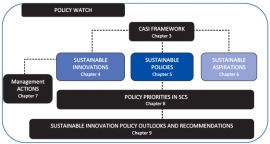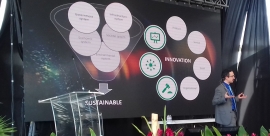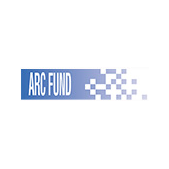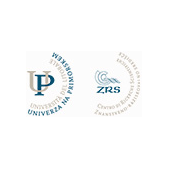The CASI project has published the 10th EU-level policy brief looking into Sustainable Innovation across Key Sectors and Societal Challenge 5 linked to the first assessment report of the Societal Challenge 5 and the analysis of sustainable innovation initiatives from the CASI online repository – CASIPEDIA - with over 500 cases from 28 EU countries.
“The H2020 research and innovation funding for Societal Challenge 5 focuses on preserving current resources, acquiring new ones and on sustainable management of natural eco-systems in particular raw materials. The CASI project responds to the Societal Challenge 5 with the main objective to develop a methodological framework for assessing sustainable innovation and managing multi-disciplinary solutions through public engagement in the RTDI system. This is done by ensuring the commitment of a broad spectrum of societal stakeholders into its implementation, including industry, policy-makers, research organisations and academia, civil society organisations and the general public. The developed methodology has proven to be effective, that among other is manifested through an online repository of collected sustainable innovation initiatives (over 500 cases coming from 28 EU Member States), named CASIPEDIA. It thus presents a wide selection of European sustainable innovation initiatives to experts and supporters of sustainability agendas. This policy brief provides insights from the first assessment report of the Societal Challenge 5 and the issues observed followed by an analysis of sustainable innovation initiatives in the CASIPEDIA database, which showcases the sectoral relevance of the initiatives. Statistical analysis is used to identify differences in how sustainable innovation initiatives in the main sectors relate to the societal challenges. The findings show for example that it would appear worthwhile to consider if the distribution of sustainable innovation across industrial sectors meets the set policy targets. Furthermore, different policy implementation methods could be considered. For instance, funding can be considered particularly beneficial in societal challenges, which already attract sustainable innovation, while setting strict emission standards could steer to innovate in other challenges”.
The full brief can be downloaded here.
























